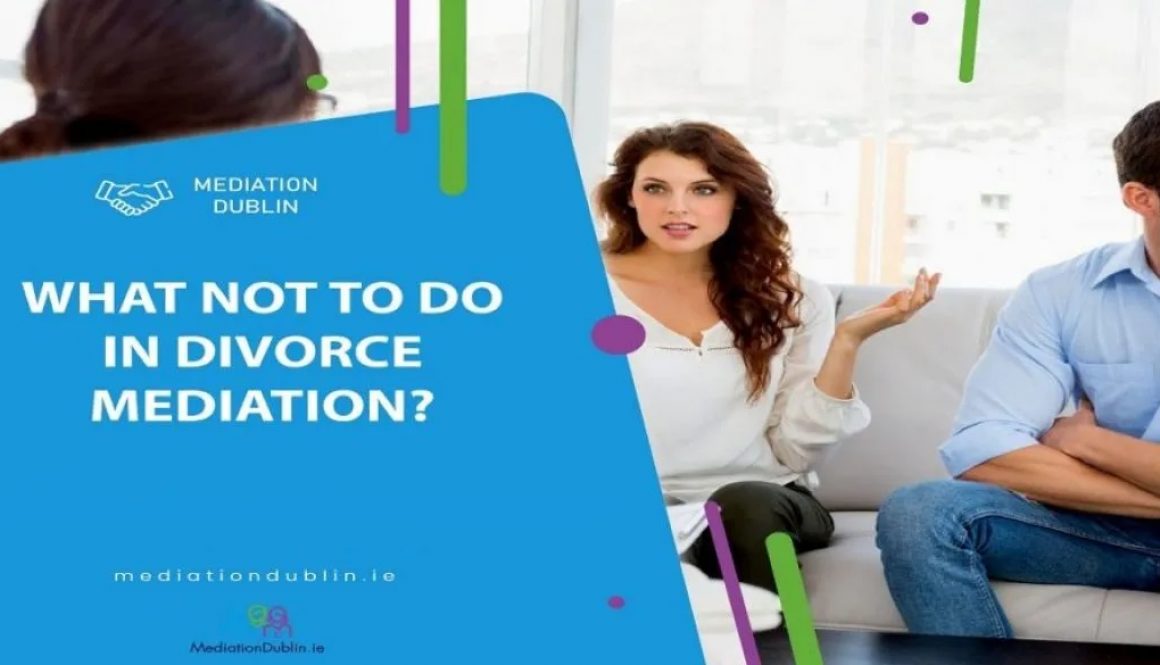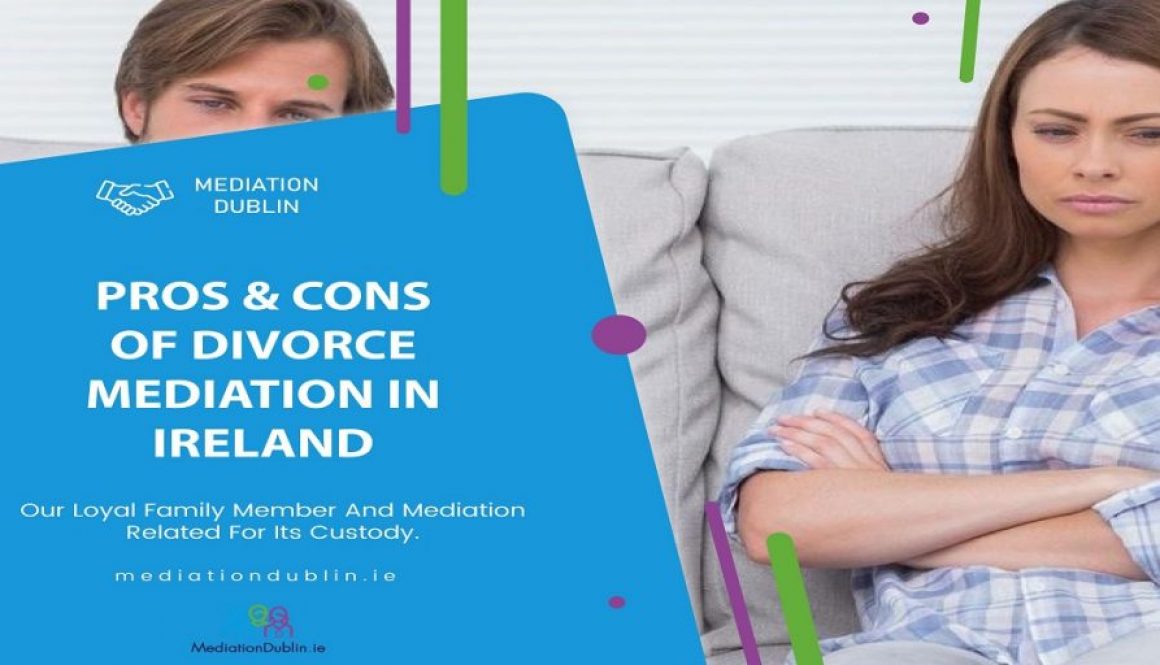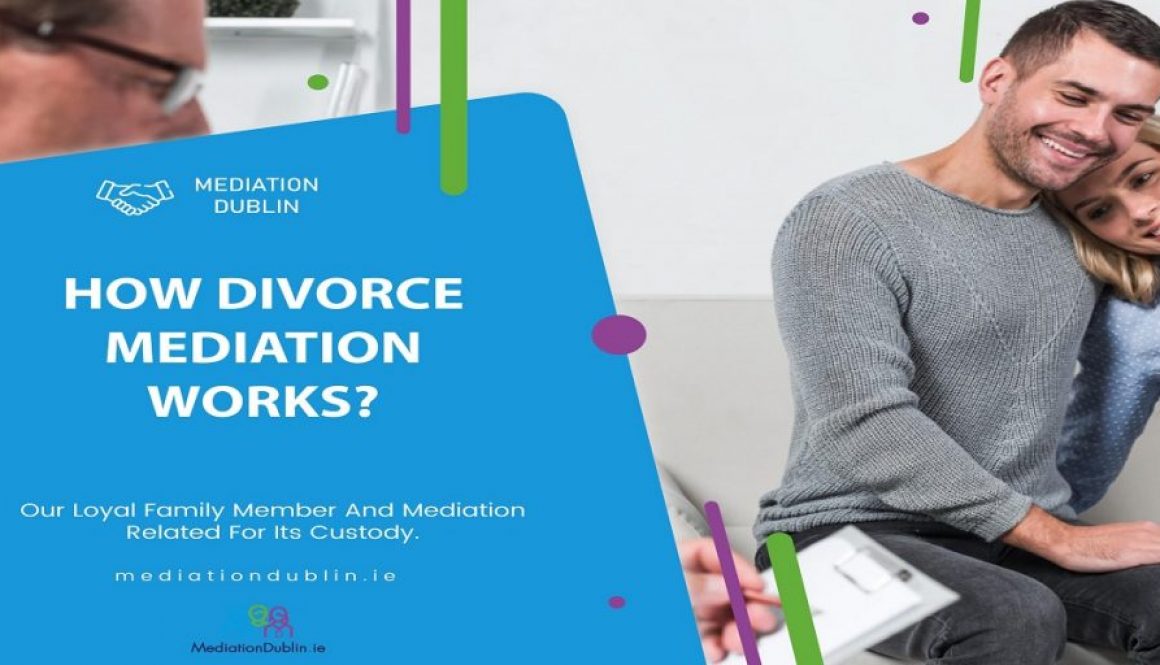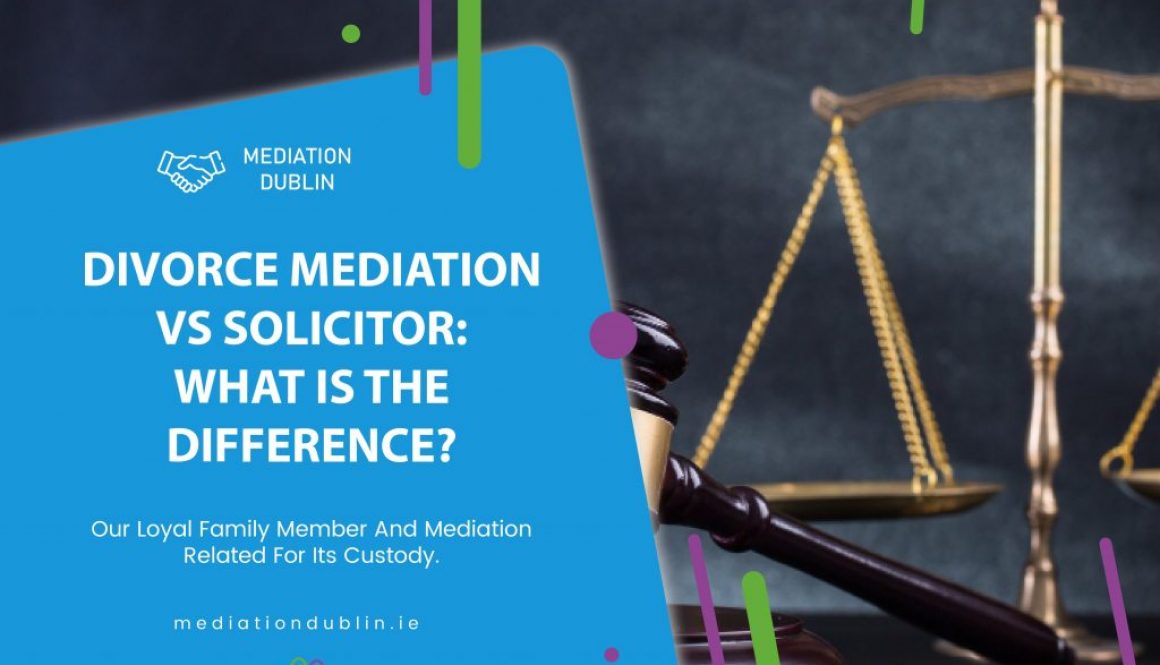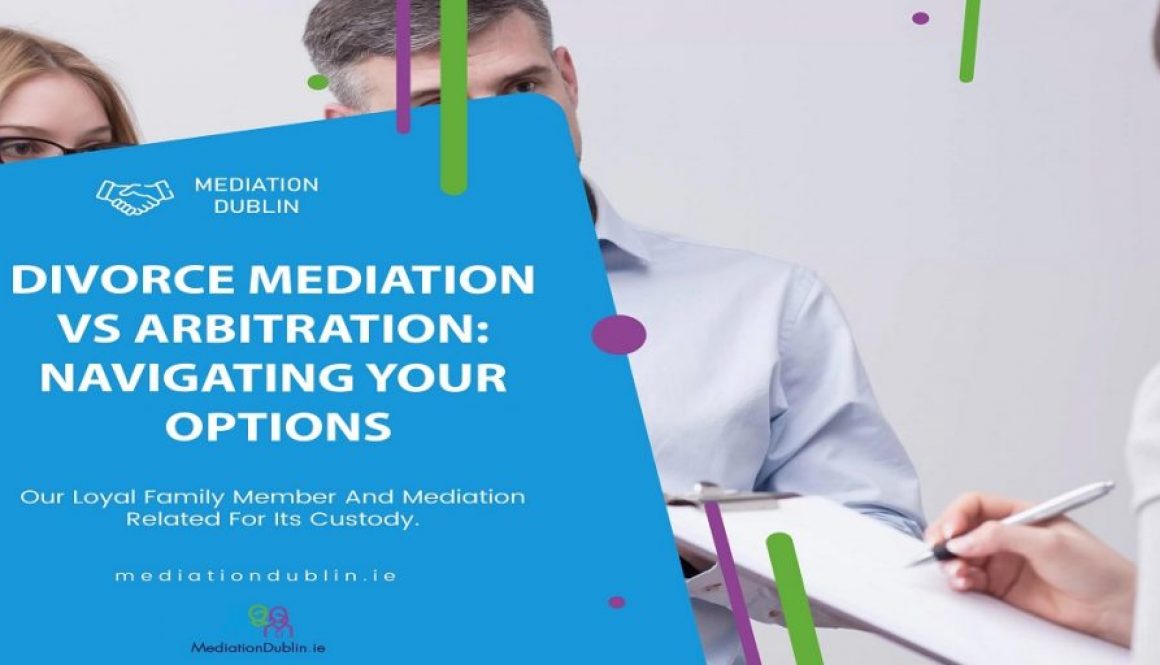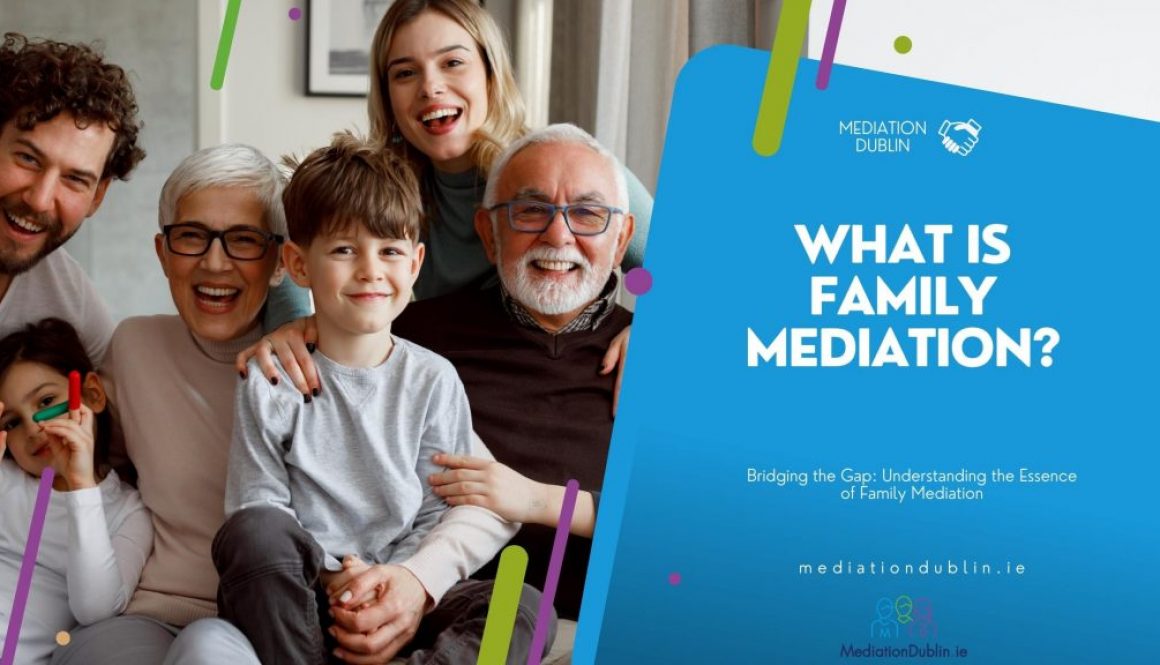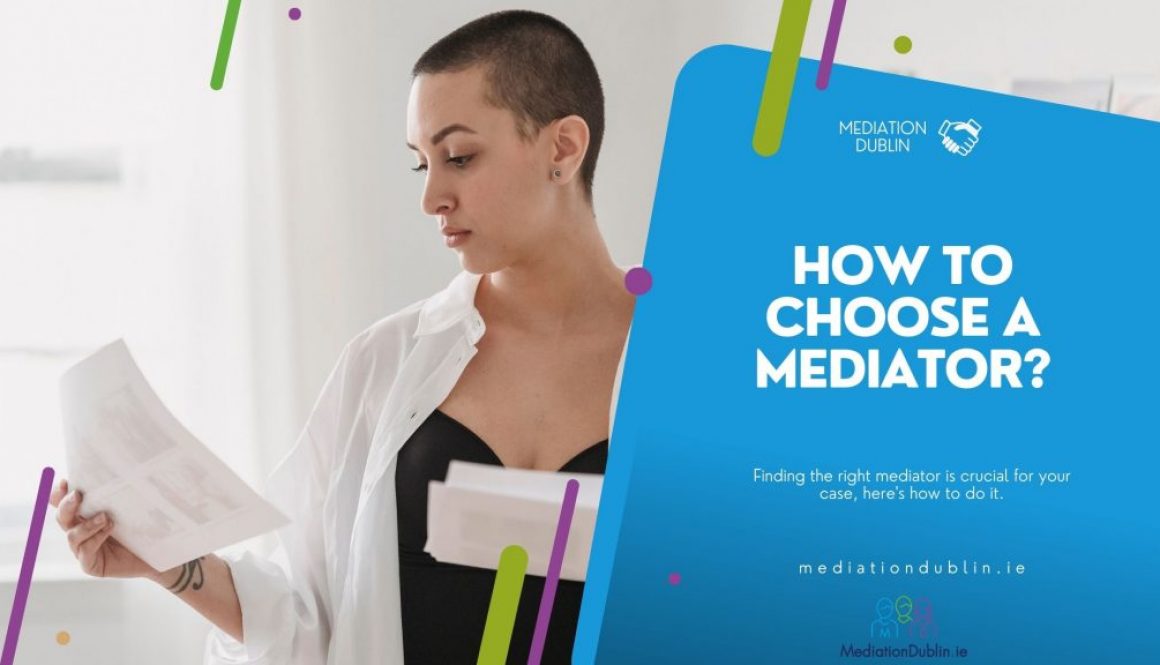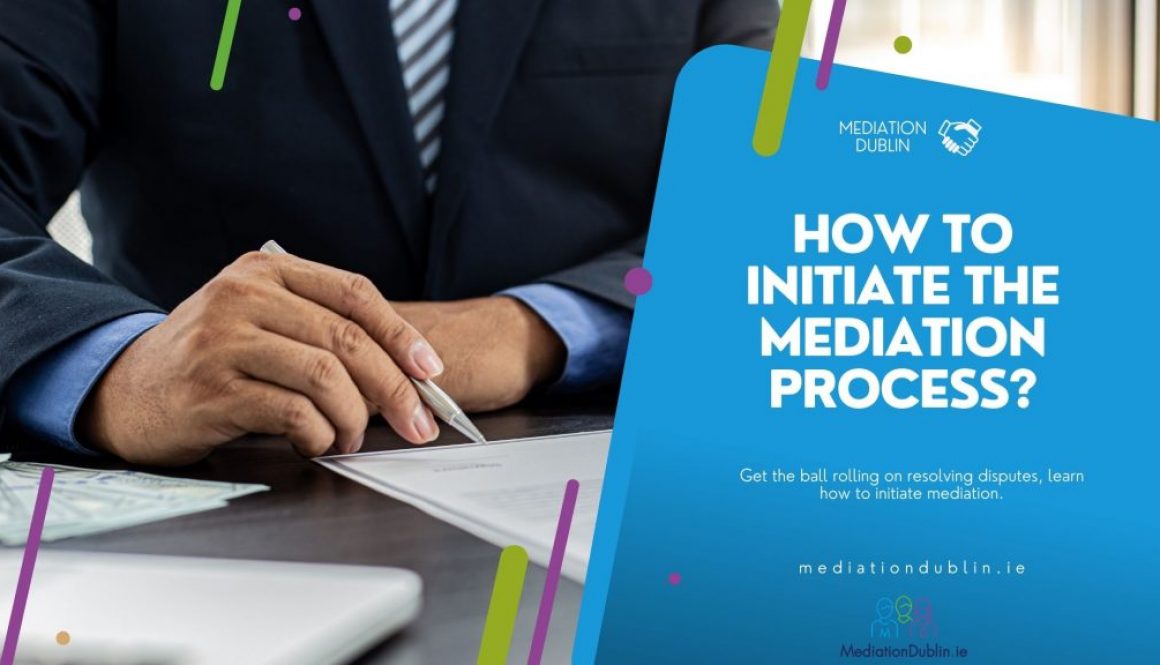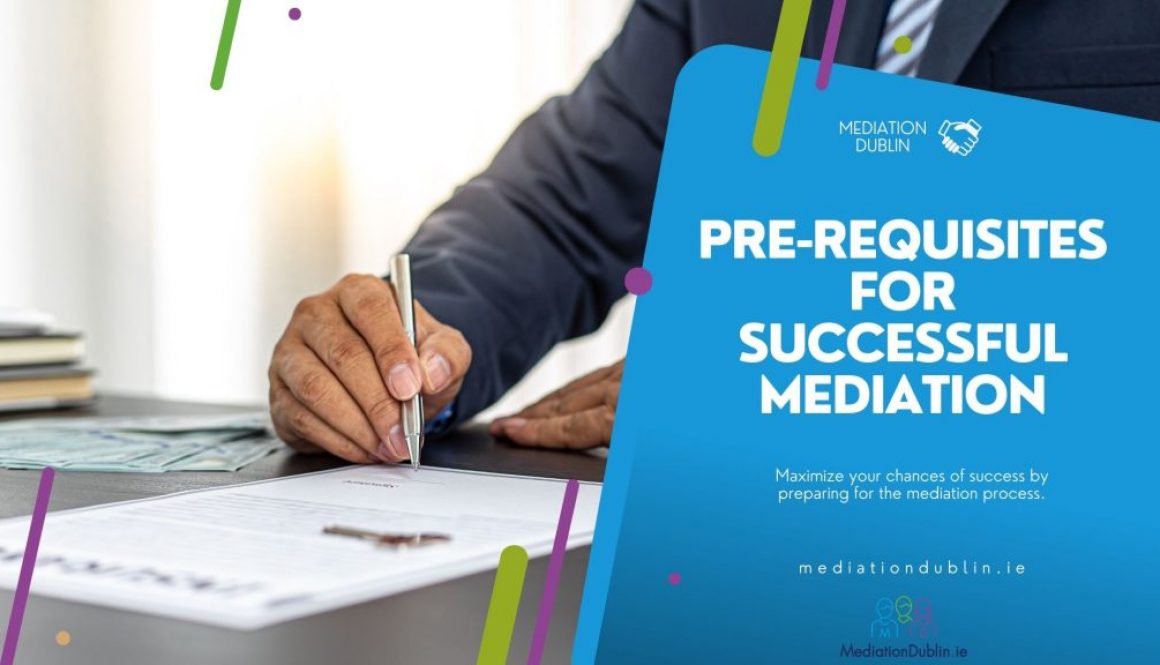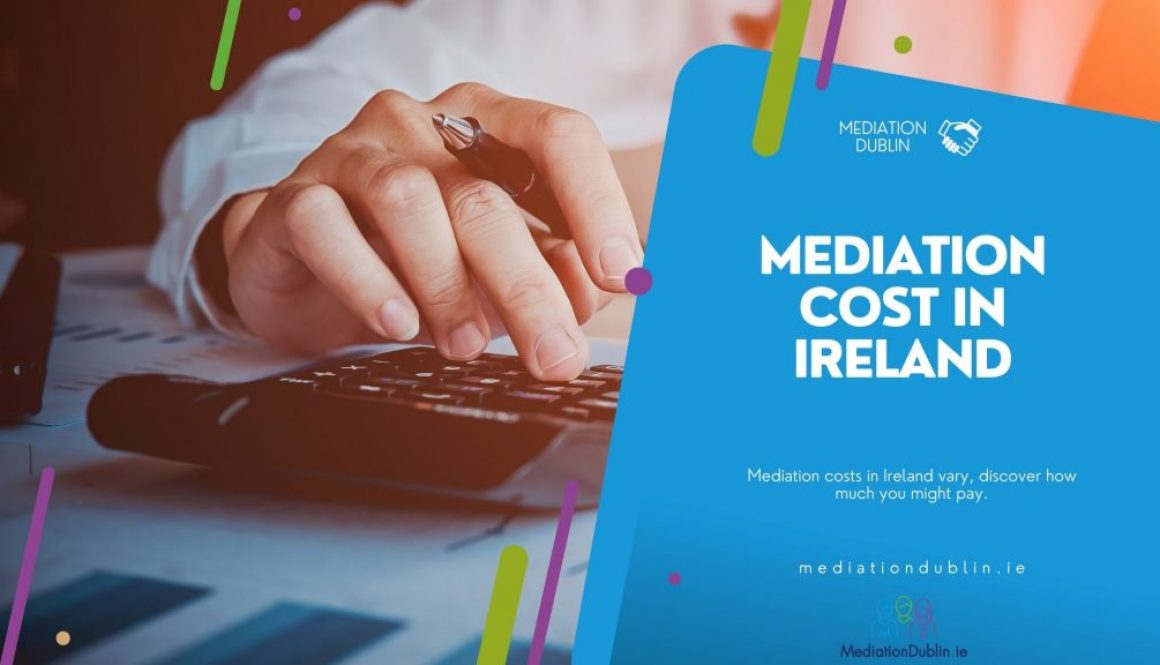What Not To Do In Divorce Mediation: Expert Advice from Mediation Dublin.ie
Divorce mediation offers a compassionate and collaborative approach to resolving the complexities of separation. But, just as there are best practices to follow, there are also pitfalls and behaviours that can hinder the process.
Based on my experience as a mediation professional in Ireland, here are some key actions and mindsets to avoid:
8 Major Things You Must Not Do In Divorce Mediation:
1. Coming Unprepared
Avoid Ambiguity: Ensure you have all necessary documentation, including financial records, property information incl. the most recent annual mortgage statement and any other pertinent information. Being unprepared can stall the mediation process.
Fact: A study in Ireland revealed that lack of preparation is one of the top reasons mediation sessions become protracted, leading to increased stress and costs.
2. Concealing Information
Transparency is Key: It’s essential to provide complete and honest disclosure of all assets, income and relevant details. I will have a document to give to you so that you know all the information/documentation required.
Legal Repercussions: Concealing or distorting facts can have legal implications and may jeopardise the validity of the mediation agreement.
3. Letting Emotions Overpower Logic
Avoid the Blame Game: While emotions run high during a divorce, mediation is not the platform for blame or retribution.
Stay Objective: Focus on finding equitable solutions rather than letting past grievances dictate decisions.
4. Being Inflexible
Open-mindedness is Crucial: Mediation is about compromise and finding common ground. Entering the process with a rigid mindset limits potential solutions.
5. Ignoring the Bigger Picture
Children’s Welfare: It’s essential to prioritise the well-being of children. Avoid using them as bargaining chips or drawing them into disputes.
Long-term Impacts: Rather than focusing solely on immediate outcomes, consider the long-term implications of decisions on financial health, emotional well-being and family dynamics.
6. Skipping Legal Counsel Review
Mediator vs. Solicitor: While I, as a Mediator, facilitate communication and draft agreements, it’s always advisable to have the final agreement reviewed by an independent legal counsel to ensure all legal aspects are covered.
7. Setting Unrealistic Expectations
Understanding Mediation: Mediation is about mutual agreement, not ‘winning’ or ‘losing.’ Approach the process with realistic expectations and an understanding that both parties might need to make concessions.
8. Disregarding the Mediator’s Role
Neutral Facilitator: Remember, as a Mediator, my role is not to side with either party but to guide and ensure productive dialogue. Trust the process and respect the Mediator’s neutral stance.
In Conclusion
Divorce mediation is a journey of collaboration and compromise, aiming for a resolution that respects both parties. By avoiding these pitfalls, couples can ensure a smoother, more effective mediation process, paving the way for a brighter more hopeful future.
If you’re contemplating mediation and need guidance or support, please reach out. I’m here to assist and ensure the path you tread is one of understanding and respect.
